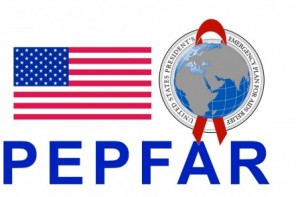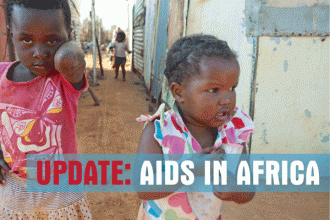First, let me just say that it sounds like carbon offsets are a guilt salve more than anything else. If you saw the piece in Harper’s Magazine, it’s hard to be optimistic that offsetting carbon does much more than make lay people feel guilty and make smart people scheme about how to create another derivatives market. Which I’m sure we need.
That’s not so far afield, I suppose, from aid, or at least the common aid critique, that giving out aid dollars makes us feel better about how poor other people are. There are ways you can interpret that poverty as a consequence, even a direct consequence, of Western lifestyles.
You can go down that path with Bill Easterly. Right now, I’m worried about t-shirts.
See, I love the $7 Massimo t-shirt at Target. I just bought $100 worth of them. I discovered them before I went to Liberia, and now I can’t live without them. They are thin, smooth, and come in all kinds of colors. They go with anything, and that means I don’t have to think that hard about getting dressed. They are, in short, the perfect item of clothing for this unrich stage of my life.
They’re made in Nicaragua. And I’ve read my fair share of skeptical-to-cynical articles about globalization and textiles. I’m pretty sure the Nicaraguans who run the looms that made my t-shirt are not living in an apartment that looks like mine. Maybe I’m wrong.
So here’s my question: If I donate to Save the Children-Nicaragua, or Free Trade Textiles (totally just made that up), or any other somewhat-targeted charity group, can I buy the guilt off my back?




